The Singer’s Audition & Career Handbook is a comprehensive guide to the training, audition technique, and professional development essential for launching and sustaining a rewarding career in classical singing. Expanding on author Claudia Friedlander’s online collaboration with mezzo-soprano Joyce DiDonato and the Weill Music Institute at Carnegie Hall, the book brings together insights from nearly seventy prominent performers, educators, and opera industry professionals.
Whether you are a young singer preparing for conservatory auditions, a professional opera singer, or an avocational singer seeking to improve your technique and pursue local performance opportunities, this book will help you take inventory of your skills and achieve the next stages of your musical journey.
We need YOUR singular, authentic, unleashed voice in this mad world. This book is here to encourage you to find YOUR way, in YOUR time, with YOUR voice... and to make clear the practical path so you can walk it in all your unadulterated glory!
– Joyce DiDonato, multi Grammy Award–winning mezzo-soprano
Ready to dive in?
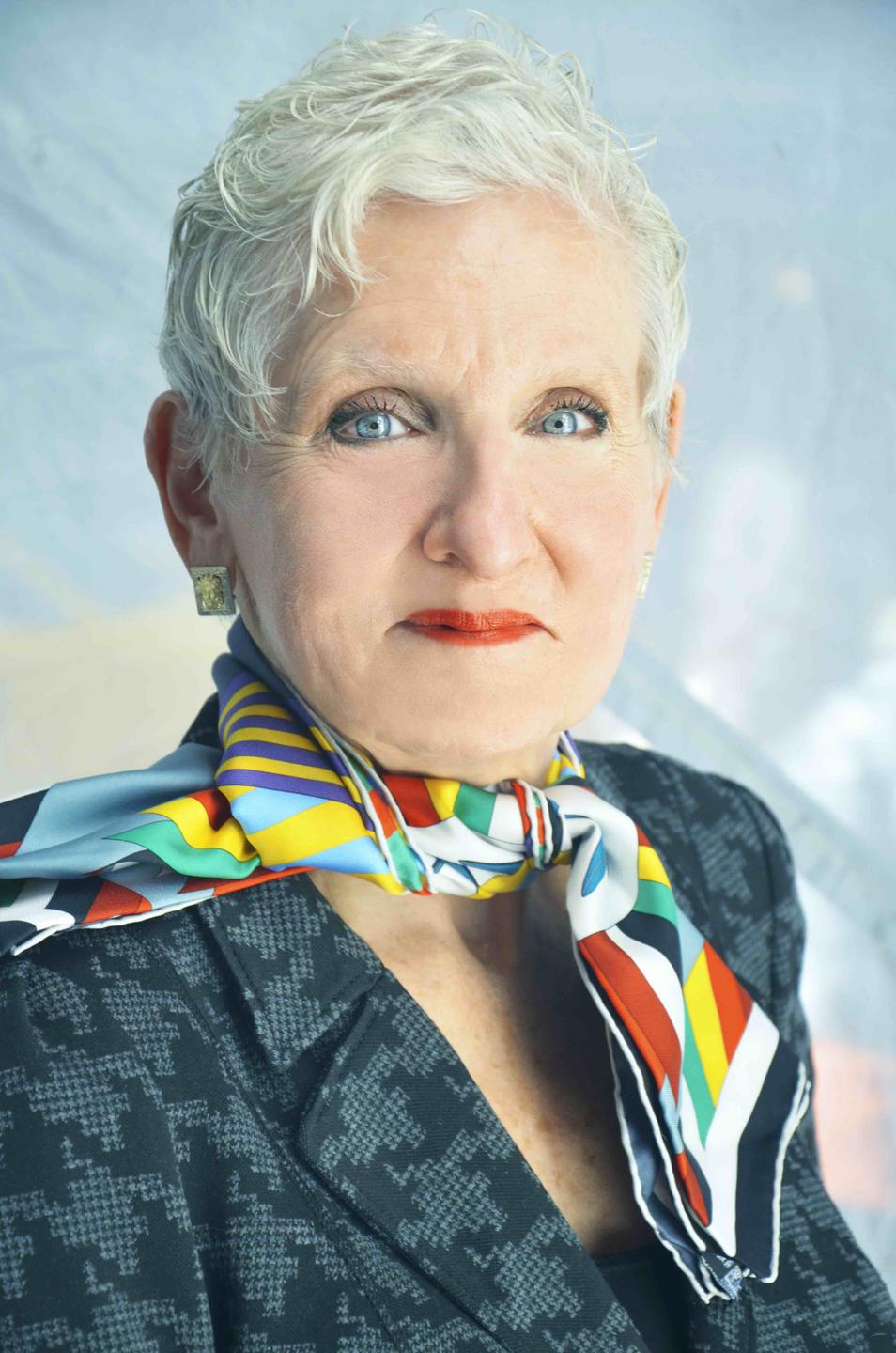
Mary Lou Falcone, Publicist
from the Introduction
Opera is theater at its highest form. The extra component of music is what helps to get you where you want to go emotionally. What do you want as a singer? If what you want is to be famous, I would say, in terms of working with you, no, thank you. But if you tell me, you really love the art form, you love this world and truly want to share it, that’s a different story.
Everybody says they want a career, but to want a career is simply not good enough – you have to need it. I taught at Juilliard for about 22 years, and in the first class I used to scare the heck out of everybody by saying, “So how many people want to sing, want a career in singing?” Every hand goes up. Second question was, “How many of you need it more than anything in life?” Over half the hands went down, every single year. And when those hands went down, I said, “Don’t feel badly about that. We’ll go to the end of the course. And after you find out everything that goes into making a singer, in addition to your beautiful voice, your solid vocal technique and your overall musical training, I’m going to ask the same question. And feel free to have the same answer, or a different answer.” As a singer, my very strong opinion is that you’re not going to make it, unless you need it. But if you have any doubt, you have to try it.
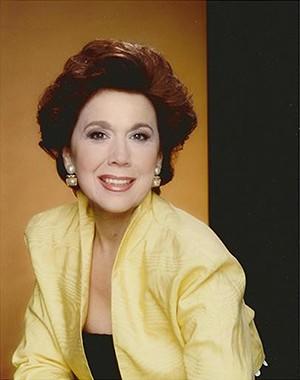
Diana Soviero, Soprano and Voice Teacher
from Chapter 3, “Technique”
When I was young I didn’t have all of the distractions that singers contend with now; when I was studying, I just studied. And we had so much more time. It isn’t the students’ fault – we’re just in a different era now. So when I’m teaching, that hour goes so fast. I have to listen so intently. Otherwise far too little attention will be paid to the fine details, and there are all these little notes that will just go unsung. I have students pursuing master’s degrees who can’t perform a trill or initiate a chromatic scale correctly. It’s very frustrating for me, because I would have been thrown out of my teacher’s studio if that had been me.
I would spend hours every day practicing my legato and asking, how does my breath move when I go through the passaggio? What do I do if I feel I can’t go further, how far up can I go? And I would challenge myself. Can I trill on a minor second, a major second, and can I walk up the stairs to my bedroom while continuing to sustain a trill? You have to know how to sail up through the passaggi, you need to establish chiaroscuro, you need to know what to do with your breath.
This was our training. I had to do it, and I worked my head off to do it. Because I didn’t want to have to worry about singing – I wanted to have the freedom to act, to become a great actress and not worry about my voice. You can’t afford to think of vocal things when you are performing.
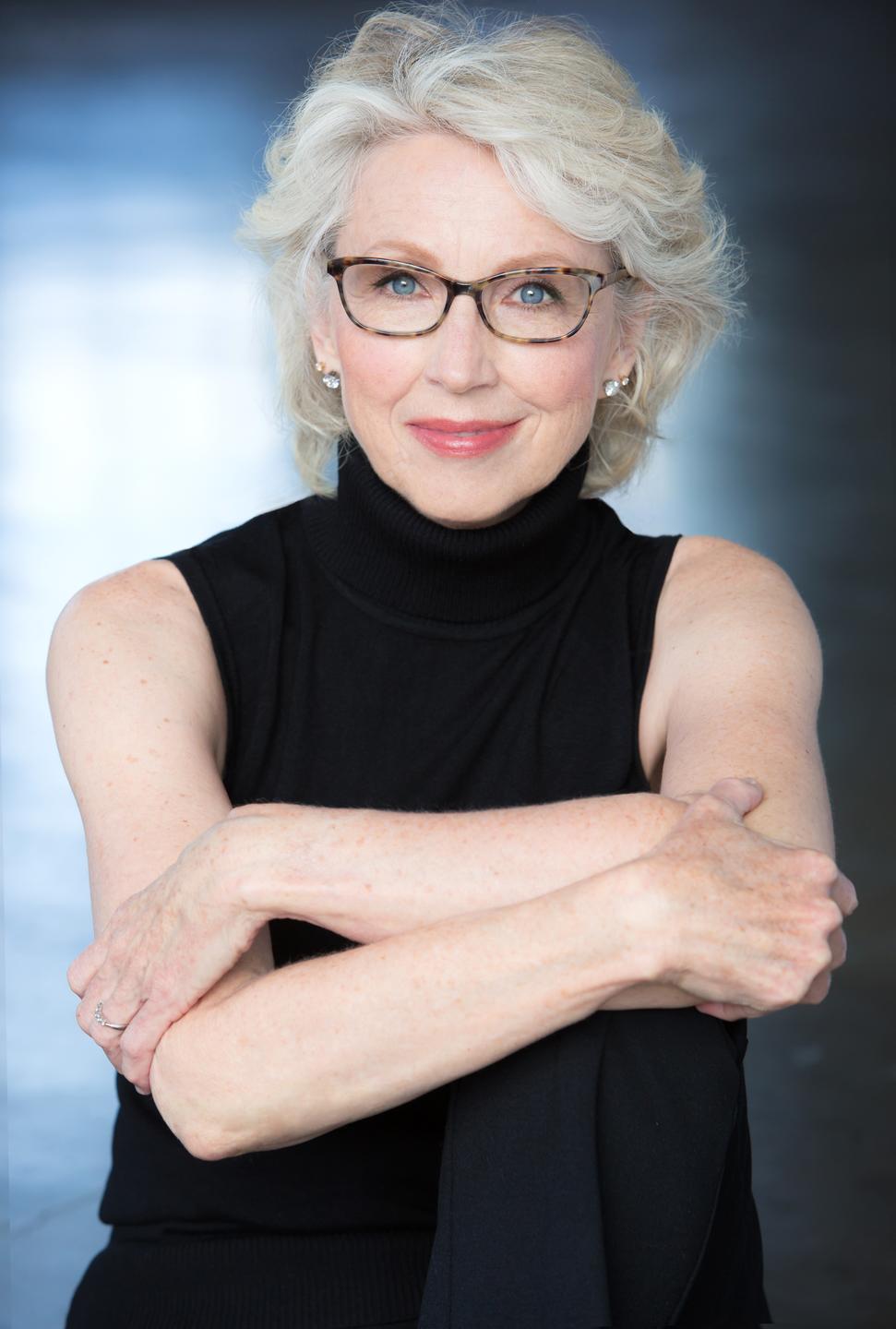
Ann Baltz, Founder & Former Artistic Director, OperaWorks
from Chapter 6, “Dramatic Interpretation”
If singers are to portray real people experiencing real emotions, they need to look and sound like real people. To achieve this, they must learn to integrate all elements of performance into their singing – the music, the text, the drama, the way they physicalize their characters, and especially their imagination. Neglecting any of those elements robs the singer of their ability to fully inhabit a role. For example, when they understand how melodic shapes derive from text inflection, their bodies will also express the text as one would in real life.
The process of learning arias and art songs tends to begin with the melody and words, with attention to “acting” coming last, if at all. Voice lessons and coachings, particularly for young singers, tend to focus on the production of sound. Once they have “learned how it goes” in this way they think that they have learned the piece and they don’t realize that this is not enough. I have attended many recital and opera performances at all levels of the business in which the focus seems centered on vocal perfection or prowess, while meaning is either absent or layered on as an afterthought. Without background research and deep thought about a text, singers cannot possibly bring their own point of view to their performances.
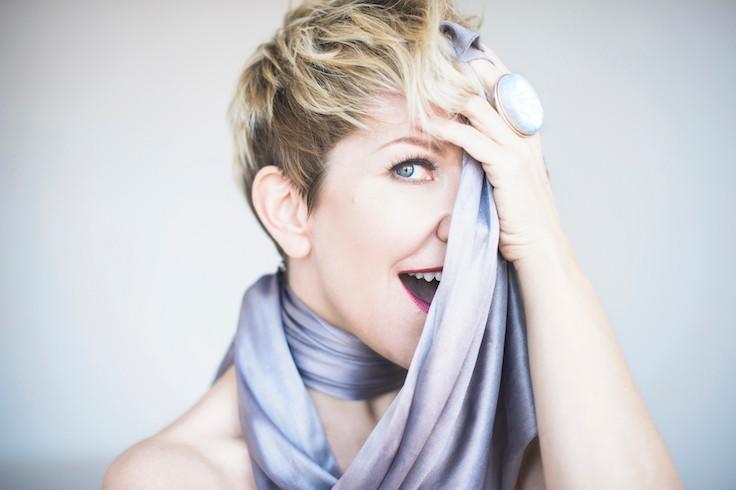
Joyce DiDonato, Mezzo-Soprano
from Chapter 8, “Audition Preparation, Technique, and Etiquette”
Auditions, whether in person or on video, must be exceptionally well prepared. Great language preparation, great phrasing, musicality, presentation – it should look like you put some time and effort into it. You want to be dressed in a way that presents yourself as best you can. I don’t believe this thing that men have to dress this one way, women have to dress this other way… Dress as yourself. You want to look like you’re ready to present yourself as someone who is serious about this business, ready to be listened to. Of course, all the vocal things have to be there. They have to represent where you are today. And if you’re not ready, take the time until you feel like you have a good representation of where you are today. All of that is a fundamental starting point.
The thing that I want you guys to remember is that we don’t need to see an imitation of me, or Leontyne Price, or Cecilia Bartoli or Juan Diego Flórez. I tried, and it turns out that I’m a terrible Bartoli, but I’m a very good Joyce. Audition panels aren’t against you. They want you to be great. So walk out there knowing that they are on your side, and that they are rooting for you to be brilliant. It’s a very important mindset to have. And then, be brilliant! Sing what you sing better than anybody else, and the things that you love. And when you’re in that audition, remember why you love to do it. Keep coming back to why you love it, and you’ll be fabulous. And when you’re not, when you’re having one of those stumbling moments, just know that it’s going to be one of your greatest learning experiences. The gold happens in those tough moments. So be patient with yourself.
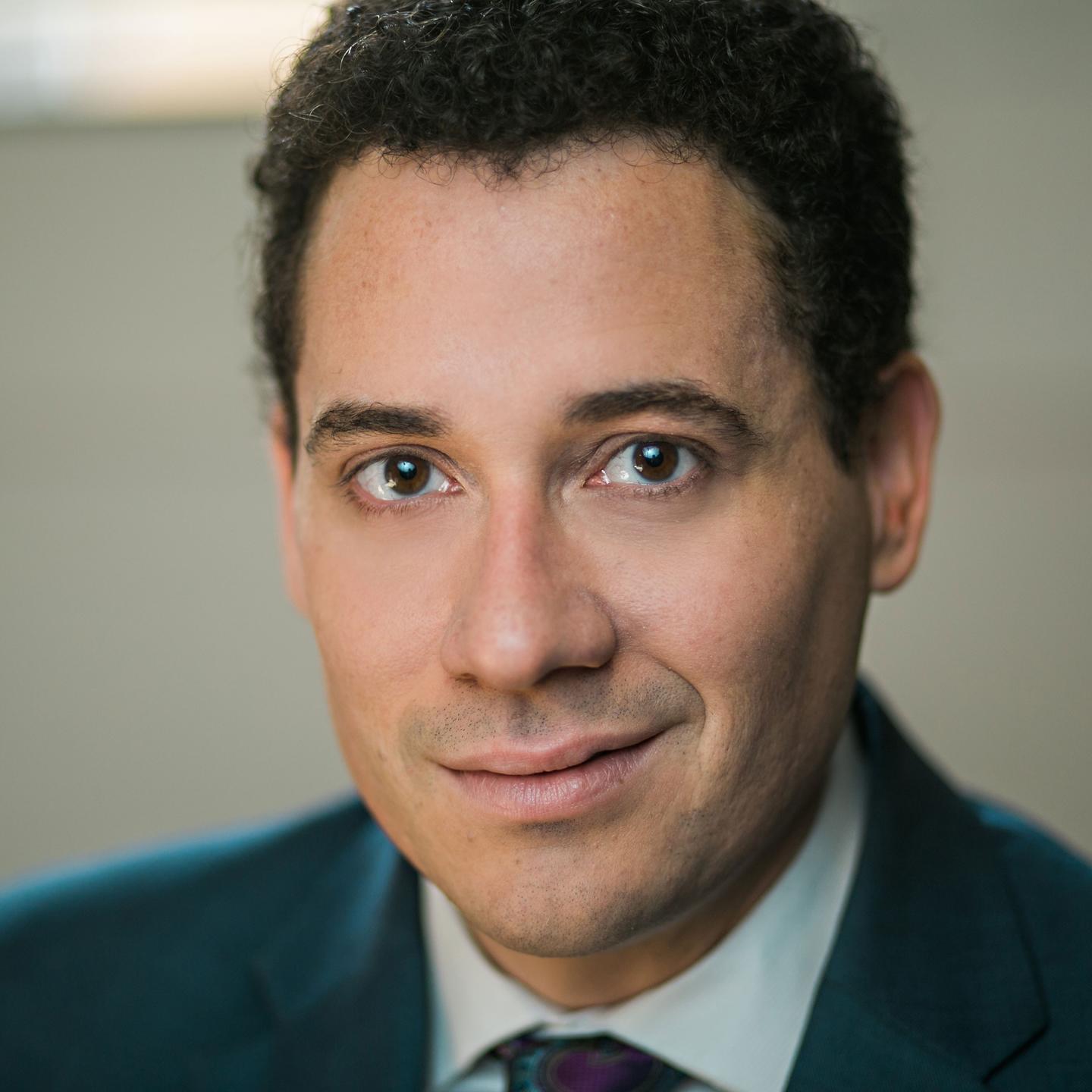
Michael Heaston, Pianist and Arts Administrator
from Chapter 11, “Resident Artist Programs”
I believe that the artists who are really going to make it in the opera house are the ones who are self-sufficient. They need to have a good team of teachers and coaches around them, but they themselves also need to have the fortitude to know that if they’re under the weather, and they’re 6,000 miles away from their teacher, they know how to get through that performance. They know how to warm themselves up in that dressing room, in a way that will allow them to make that evening happen, at the highest possible level given the circumstances. So for me it’s all about vocal technique, first and foremost, as the foundation for their artistry and ability to be expressive—and to ensure a career of great longevity
Any good program should want to kick the artist out of the nest as soon as possible, in a nurturing way, of course! Programs have become this rite of passage for everybody. And they’ve certainly become an integral part of the fabric of how we train singers, but I think it’s also important to know that not everybody needs a training program. And not every training program is appropriate or a good fit for every singer.
When I talk about artists needing to be self-sufficient, we’re ultimately teaching them to teach themselves. And if they’re going to teach themselves, they need to create their own curriculum. Honestly, it’s very difficult for many artists who finish a program and have be- come accustomed to someone else scheduling their lives and covering the costs of their lessons and coachings. It’s harder to do that on your own, but that is what each artist needs to do, and must learn in the training phase so that they are fully prepared to be in the driver’s seat of their own career.
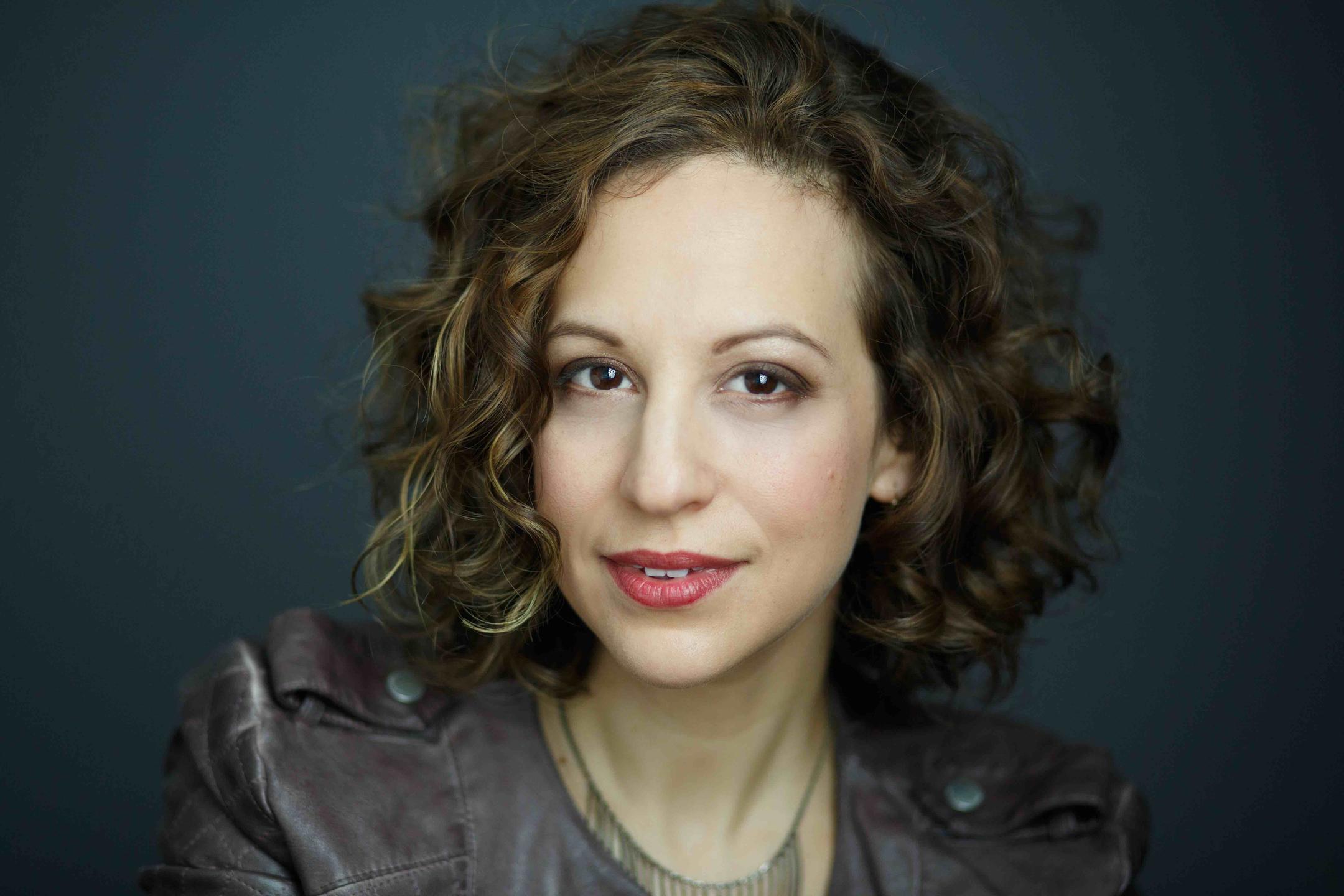
Jennifer Zetlan, Soprano
from Chapter 19, “Choose Your Own Adventure”
There isn’t exactly a clear path to having a dual career that straddles the opera and musical theatre worlds. It used to be simple—when musicals were all about great, “legit” singers and opera singers were all over them; then there was a long period of time when it became less fashionable to have that kind of singing in a musical, so opera singers appeared in musicals with much less frequency. I am optimistic that we are on an upswing of the American singer as multifaceted artist rather than niche artist, but I don’t think it will ever be a clear, simple path.
For me, classical and musical theatre singing are not so different from each other. The resonance space changes slightly because in musical theatre you’re really “speaking” all the time, and in “legit” singing, legato is at the forefront of what we’re doing so the space maintained in the resonating cavities is necessarily more open and less variable than it would be in actual speech. Musical theatre songs are all about the words, while classical repertoire is more about the vowel-to-vowel connections inside the words (which isn’t to say the words lack import, it’s just that the focus is zoomed out some). I don’t really think of changing anything technically, just the focus shift is enough for me. I have no problem working on both at the same time at this point in my career because I feel I understand how to shift the focus from text-text-text to music-and-line when needed, and I never try to sing any repertoire with a voice that isn’t truly mine. I don’t really belt, except in special circumstances (it does make a great tool!), and I understand that the way I sing (a real, legit musical theatre soprano) limits the Broadway work I can realistically get, especially in this day and age with all the pop musicals out there.

Lucas Meachem
Grammy Award–Winning Baritone
“I want to hand every aspiring singer this book. With a mass of information based on refined expertise and real-life experiences, this resource makes easier the daunting journey that singers embark upon when starting their career. This is exactly what the singing world of today needs. Brava!”
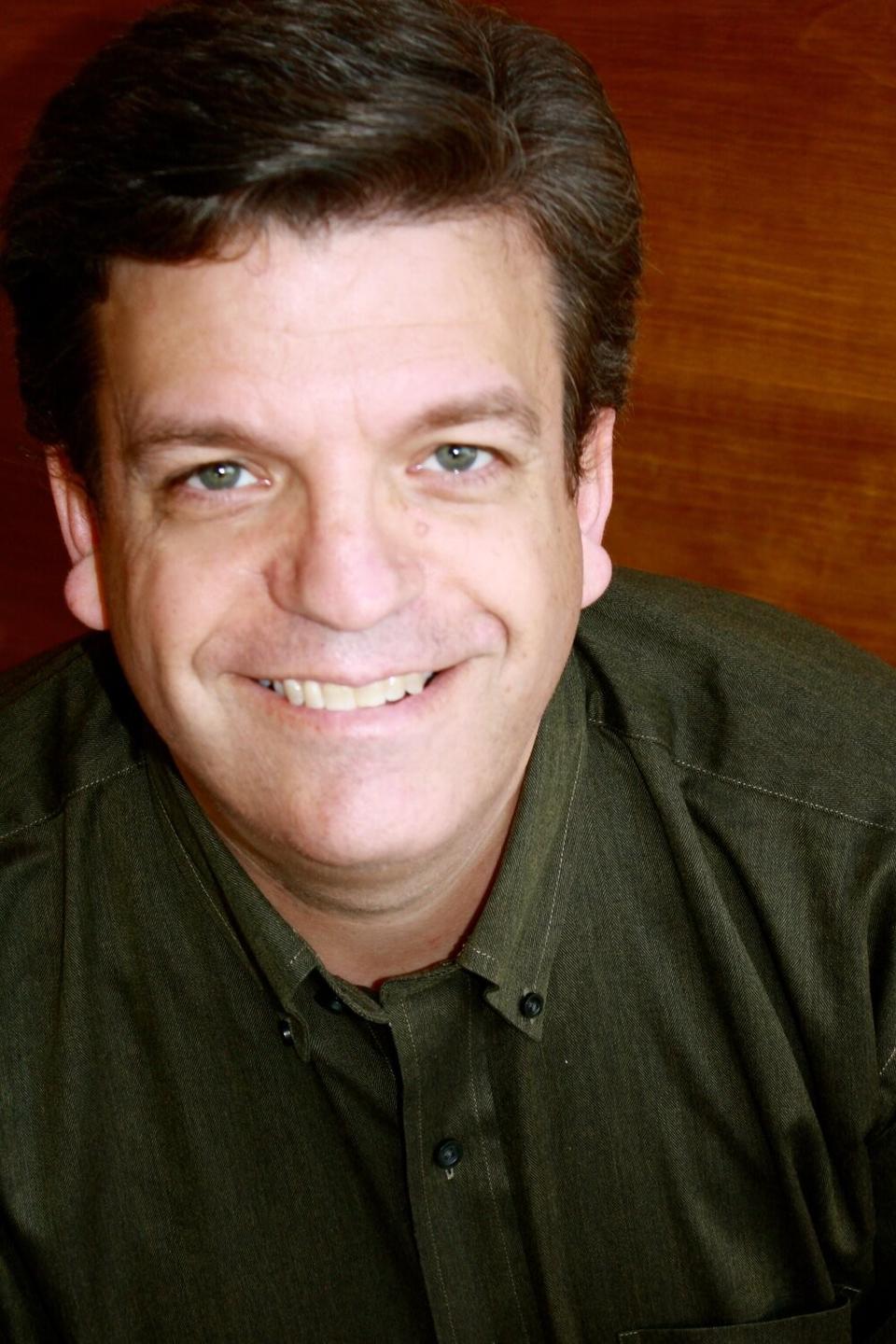
Allen Henderson
Executive Director, National Association of Teachers of Singing
“Claudia Friedlander has created a relevant and comprehensive resource that provides helpful guidance to empower singers in the pursuit of the careers they create and envision for themselves today. A must-have resource for the library of every singer or teacher.”






